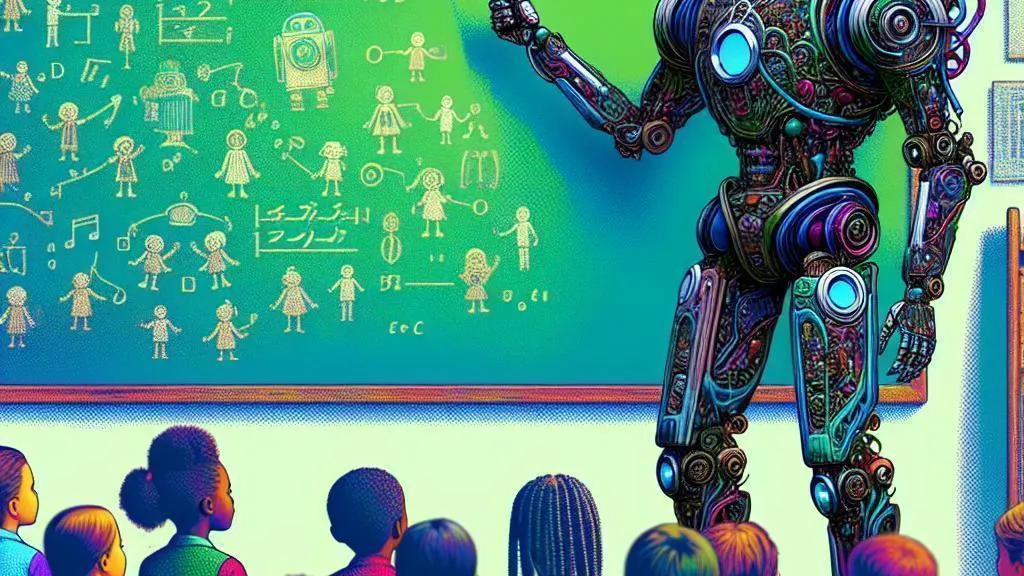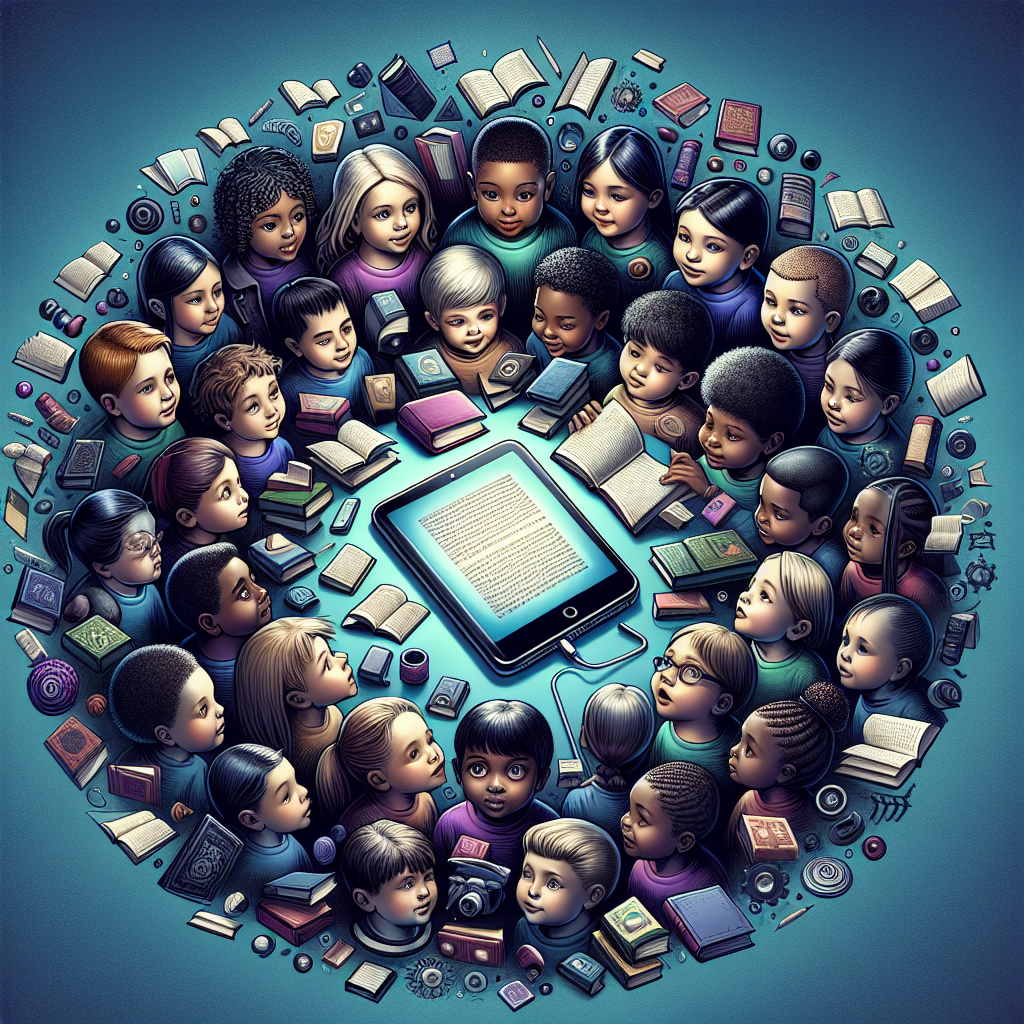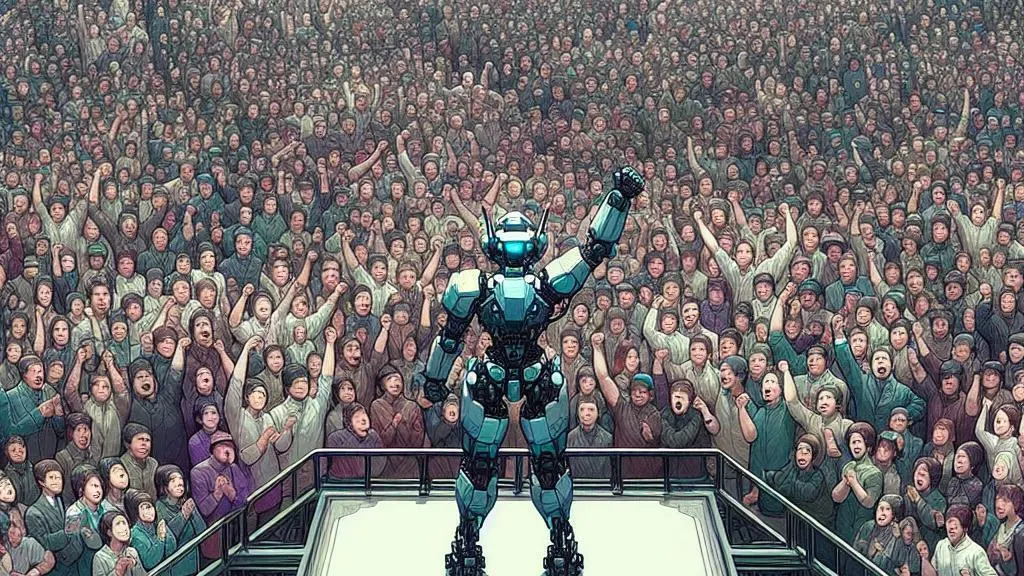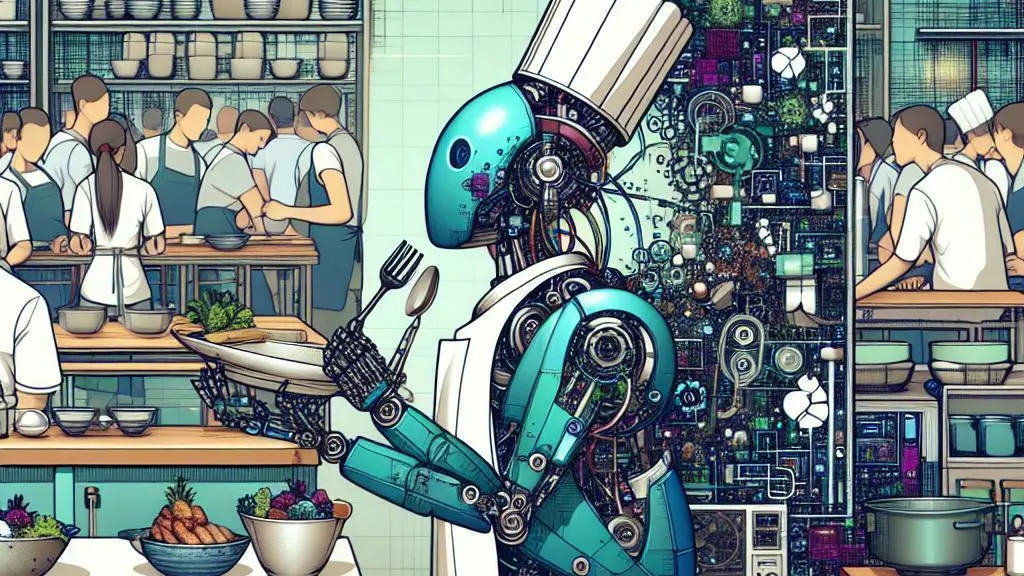How can you make something go viral
Imagine the alchemy of content creation, where the strings of words and imagery you weave …

The rapid evolution of artificial intelligence promises a radical transformation in education. As AI capabilities grow more powerful and accessible, these technologies possess immense potential to personalise and enhance learning in groundbreaking new ways.
However, effectively integrating AI also raises complex questions about curriculum priorities, teacher roles, and systemic equality gaps requiring conscientious navigation.
AI heralds an exciting new frontier of hyper-personalised educational experiences, with algorithms capable of adapting instruction methodologies and content based precisely on individual student cognitive styles and strengths.
Auditory learners may be taught by AI systems leveraging voice-based lessons and feedback. Visual learners can access vibrant multimedia materials tuned to how their brains best intake information.
This represents a seismic shift from the constraints of standardised classroom lectures and uniform learning plans underserving large swaths of students.
AI can remove the one-size-fits-all approach and make engaging in the learning process far more enjoyable and accessible for every type of young mind.

Constructing truly personalised curriculums enabled by AI will also force a reexamination of traditionally essential disciplines and skills.
With AI already demonstrating the ability to accomplish complex information technology tasks like coding or data analysis, students may no longer need to learn the intricate details of manually carrying out such functions.
The time previously devoted to rote technical abilities could be reallocated to developing uniquely human strengths around critical thinking, communication, collaboration, and creativity, which are likely to remain AI-proof.
Students applying AI tools gain the capacity to unlock deeper insights and accelerate innovation early on. However, determining what knowledge stays or goes in a curriculum constitutes no easy undertaking.
As AI looks to handle rote information transfer and evaluation roles teachers historically played, the role of educators must correspondingly evolve; rather than information purveyors, the essential human contribution shifts to mentors guiding bespoke learning quests for students empowered by AI.
Navigating this transition constitutes perhaps one of the most crucial questions as these technologies proliferate. Without redesigned teaching philosophies, upskilling support for new capabilities and addressing fears of replacement, the backlash against potentially transformative technologies could occur.
Proactively planning professional development pathways is essential to charting this new course responsibly.

Maximising the promise of democratisation through AI in education also requires tackling systemic inequality barriers, especially surrounding access.
While initially only select students may benefit from advanced systems due to infrastructure constraints, sustaining progress towards efficient and affordable AI applications could greatly expand reach.
As mobile computing places internet access and information in billions of hands, appropriately applied AI may elevate learning - anytime, anywhere. However, concerted policies and resources focused on equitable access will remain necessary to prevent advancement gaps from increasing rather than closing.
If the path ahead continues towards inexpensive, available and specialised AI algorithms, truly personalised education catered to every distinctive young mind marks an achievable destination.
But this relies on expanding access and opportunities, not restricting them. And it depends on empowering teachers' roles, not diminishing them.
Ultimately, policymakers, educators and innovators collectively shape through decisions today whether AI unlocks boundless potential or worsens existing divisions.
This technology revolution could transform millions if led by wisdom, equity, and compassion.
But we must align innovation trajectories with societal values and steer through challenges in ways that uplift education as a universal right. The classroom of the future has yet to be written - we must guide wisely.
Some other posts you may like

How can you make something go viral
Imagine the alchemy of content creation, where the strings of words and imagery you weave …
January 11, 2024
Read More
AI in the Hospitality Industry: A Game-Changer for Business Professionals
The hospitality industry, known for its dynamic and customer-centric approach, is on the cusp of …
January 11, 2024
Read More